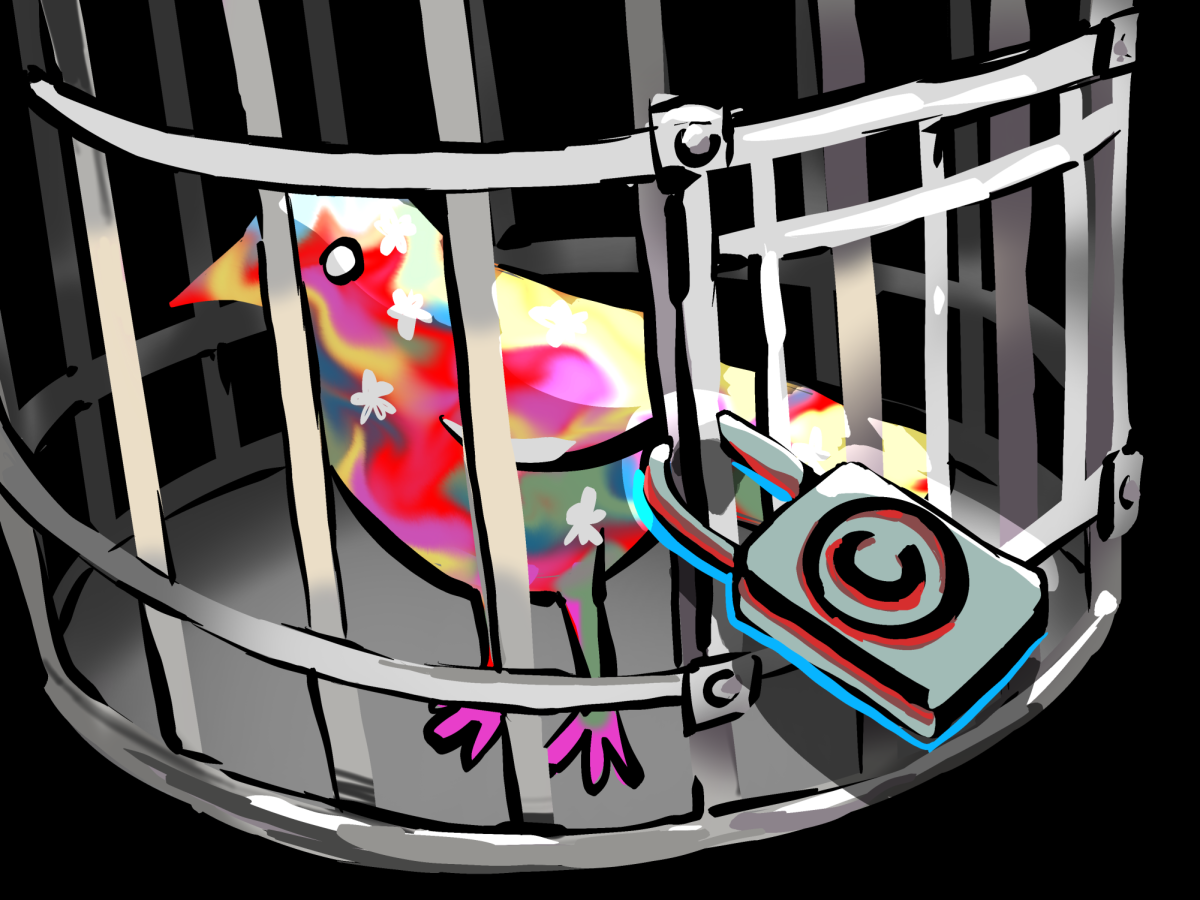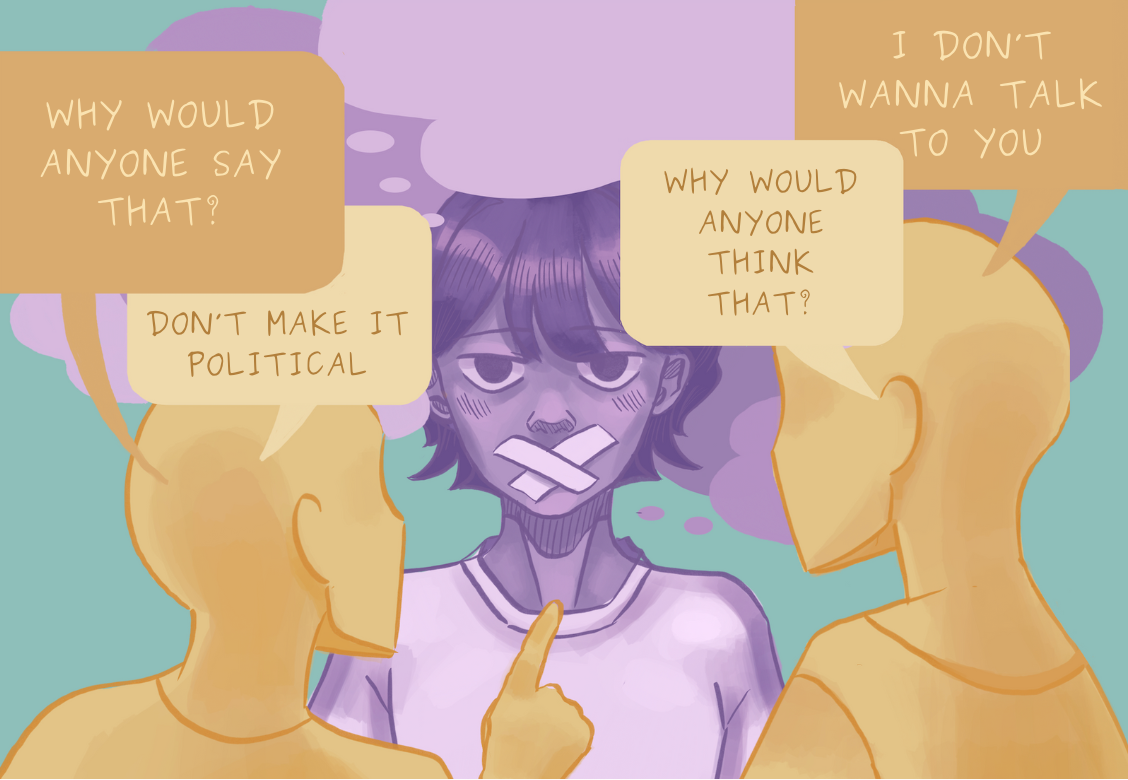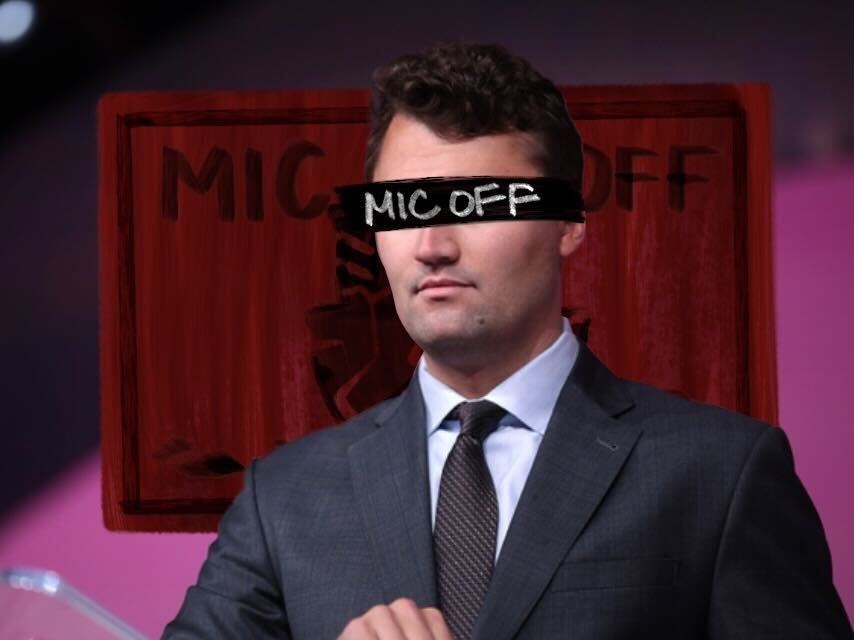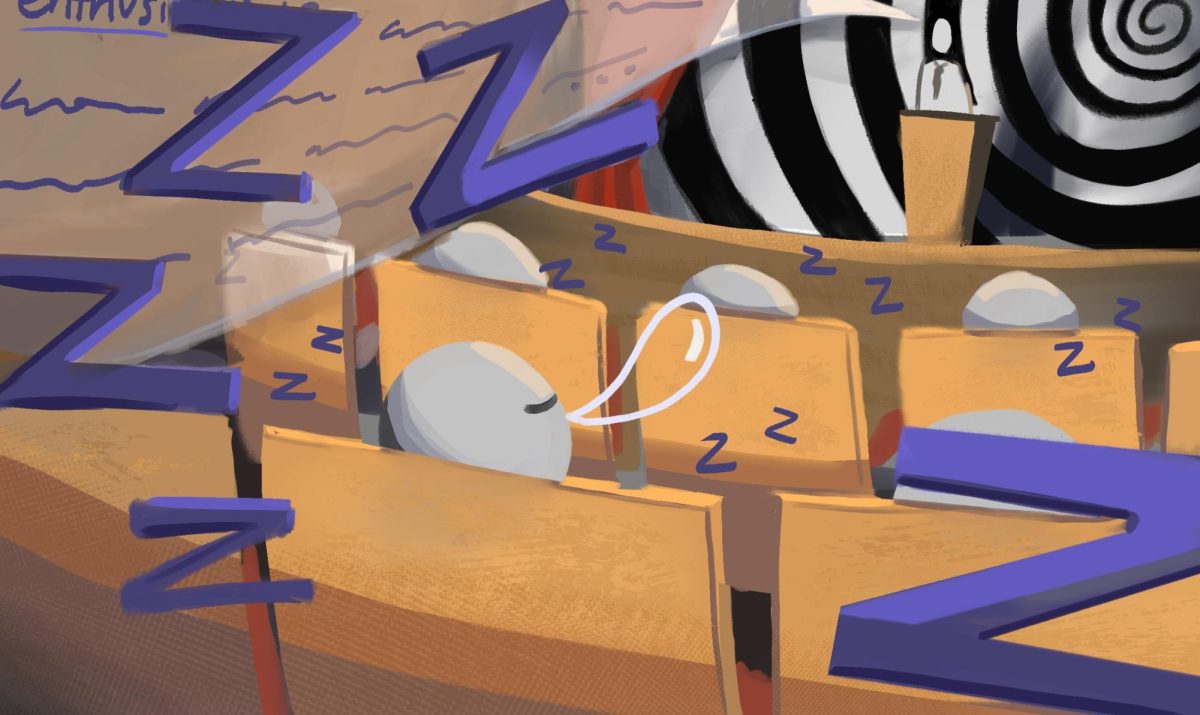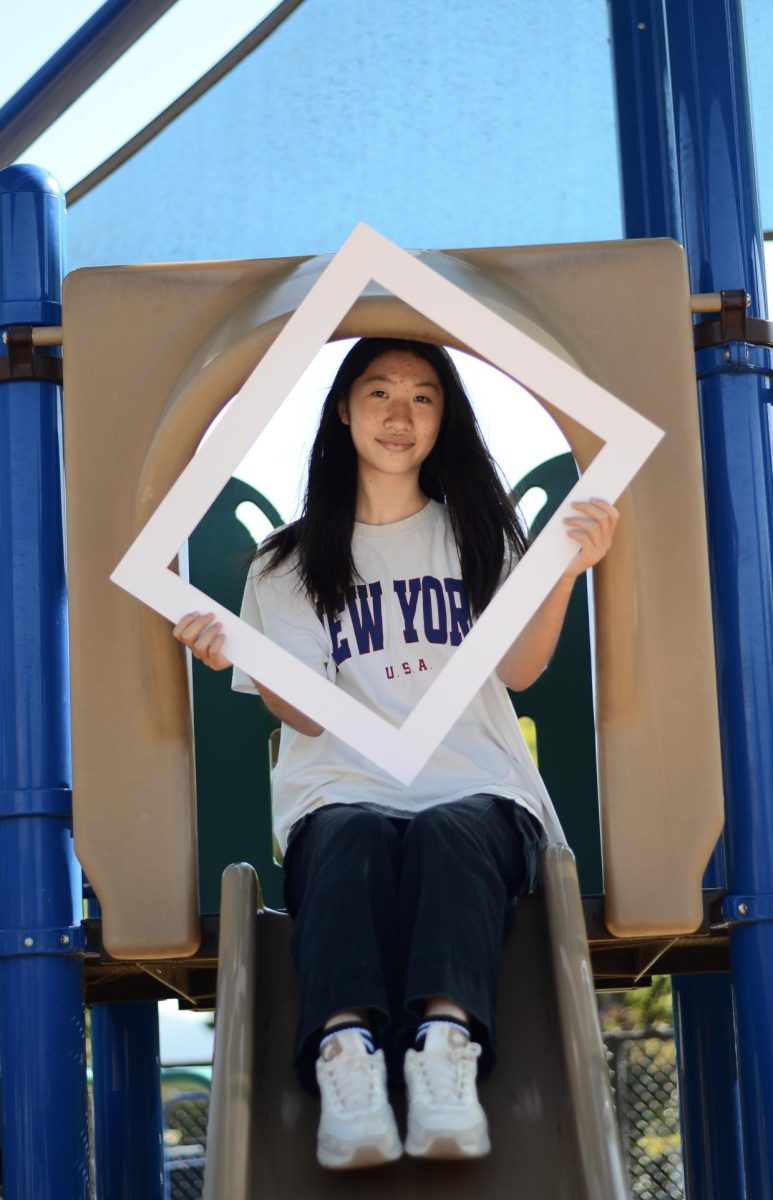2072. That’s when the first Star Wars movie, “A New Hope,” will enter the public domain, allowing Americans to finally create their own projects with the original iterations of legendary characters like Luke Skywalker and Obi-Wan Kenobi.
They won’t be able to publish a new lightsaber duel between Jango Fett and R2-D2, for example, until 70 years after George Lucas passes away — Jango Fett was created in 2002, and works created after 1978 are protected for “a term lasting for the author’s life plus an additional 70 years.”
Although America’s copyright laws are necessary, they go beyond the point of simply protecting intellectual property and actively work to limit creative expression by making it prohibitively difficult for creators to reimagine or take inspiration from past works.
With the exception of files shared under open licenses like Creative Commons, most people looking to distribute work based on copyrighted media have to either obtain permission from the copyright holder, justify their usage of copyrighted material under the fair use doctrine or wait for the copyrighted work to enter the public domain.
Fair use can be used as an affirmative defense to a copyright infringement lawsuit, meaning that people accused of illegally using someone else’s content can argue that they are using it in a manner that falls under the legal standards. Fair use law generally protects reuse of copyrighted material if the new content is transformative, doesn’t take too much from the original and doesn’t harm the market for the original. Additionally, reuse of factual content is preferred over reuse of fictional content.
These four factors all intuitively make sense, and the interpretation of fair use should be expanded to combat growing copyright protections that stifle creativity. Fair use laws encourage people to create content that is genuinely original and explores new perspectives, and the whole goal of the copyright system is to support creativity.
Copyright laws were initially developed to support inventors and artists looking to monetize their work. Without them, it would be much more difficult for scientists, developers and other creators to profit off of their ideas. Companies with only profits in mind could simply copy successful products and pass them off as their own, reaping the rewards of others’ work.
Consequently, totally eliminating copyright laws is illogical, as that would significantly disincentivize innovation. Shortening the duration of copyright protection and making fair use protections more robust would instead be a better way to protect creative works while still allowing people to reinvent what others have made.


















![“[Building nerf blasters] became this outlet of creativity for me that hasn't been matched by anything else. The process [of] making a build complete to your desire is such a painstakingly difficult process, but I've had to learn from [the skills needed from] soldering to proper painting. There's so many different options for everything, if you think about it, it exists. The best part is [that] if it doesn't exist, you can build it yourself," Ishaan Parate said.](https://harkeraquila.com/wp-content/uploads/2022/08/DSC_8149-900x604.jpg)




![“When I came into high school, I was ready to be a follower. But DECA was a game changer for me. It helped me overcome my fear of public speaking, and it's played such a major role in who I've become today. To be able to successfully lead a chapter of 150 students, an officer team and be one of the upperclassmen I once really admired is something I'm [really] proud of,” Anvitha Tummala ('21) said.](https://harkeraquila.com/wp-content/uploads/2021/07/Screen-Shot-2021-07-25-at-9.50.05-AM-900x594.png)







![“I think getting up in the morning and having a sense of purpose [is exciting]. I think without a certain amount of drive, life is kind of obsolete and mundane, and I think having that every single day is what makes each day unique and kind of makes life exciting,” Neymika Jain (12) said.](https://harkeraquila.com/wp-content/uploads/2017/06/Screen-Shot-2017-06-03-at-4.54.16-PM.png)








![“My slogan is ‘slow feet, don’t eat, and I’m hungry.’ You need to run fast to get where you are–you aren't going to get those championships if you aren't fast,” Angel Cervantes (12) said. “I want to do well in school on my tests and in track and win championships for my team. I live by that, [and] I can do that anywhere: in the classroom or on the field.”](https://harkeraquila.com/wp-content/uploads/2018/06/DSC5146-900x601.jpg)
![“[Volleyball has] taught me how to fall correctly, and another thing it taught is that you don’t have to be the best at something to be good at it. If you just hit the ball in a smart way, then it still scores points and you’re good at it. You could be a background player and still make a much bigger impact on the team than you would think,” Anya Gert (’20) said.](https://harkeraquila.com/wp-content/uploads/2020/06/AnnaGert_JinTuan_HoHPhotoEdited-600x900.jpeg)

![“I'm not nearly there yet, but [my confidence has] definitely been getting better since I was pretty shy and timid coming into Harker my freshman year. I know that there's a lot of people that are really confident in what they do, and I really admire them. Everyone's so driven and that has really pushed me to kind of try to find my own place in high school and be more confident,” Alyssa Huang (’20) said.](https://harkeraquila.com/wp-content/uploads/2020/06/AlyssaHuang_EmilyChen_HoHPhoto-900x749.jpeg)



